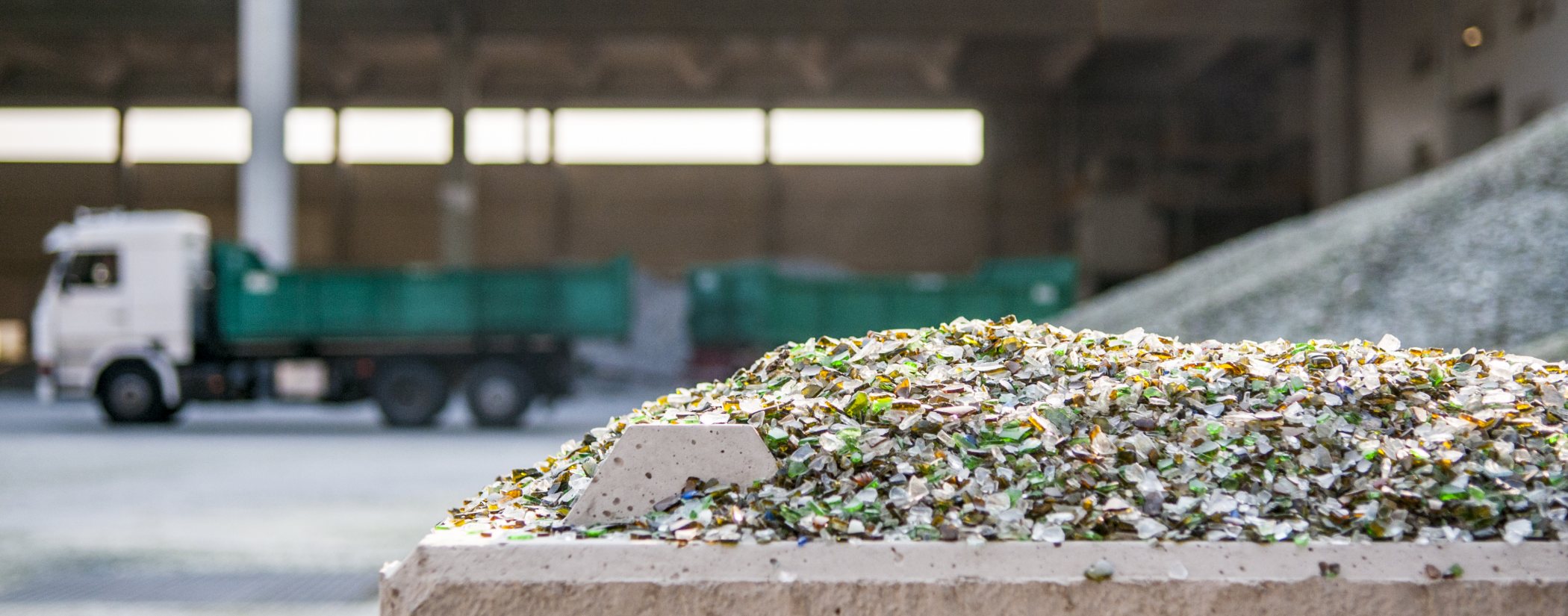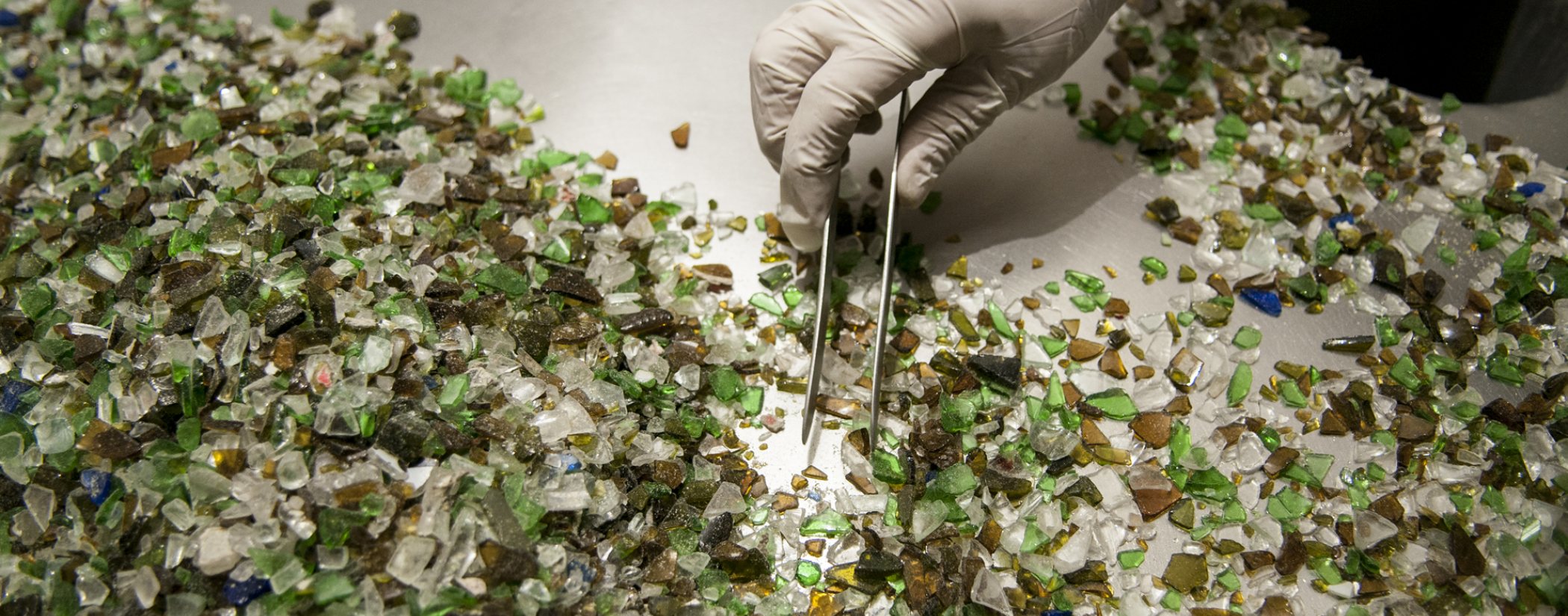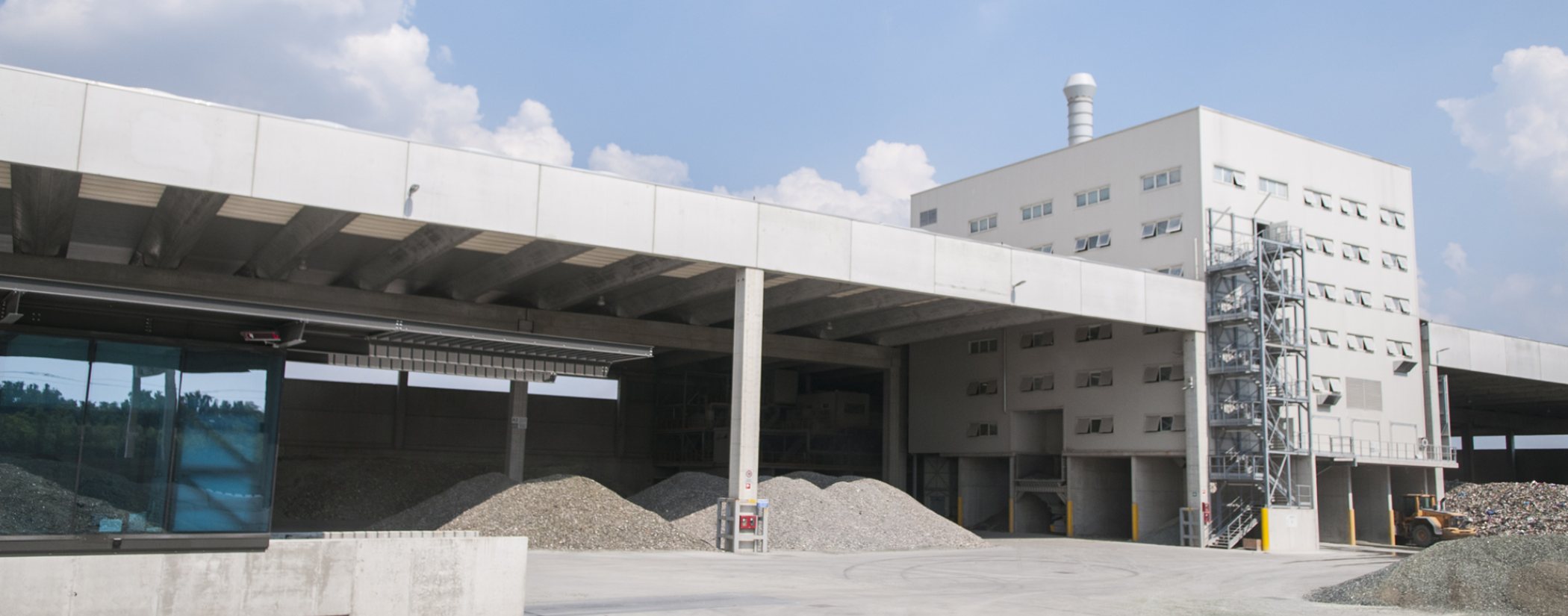IL CICLO VIRTUOSO DEL VETRO
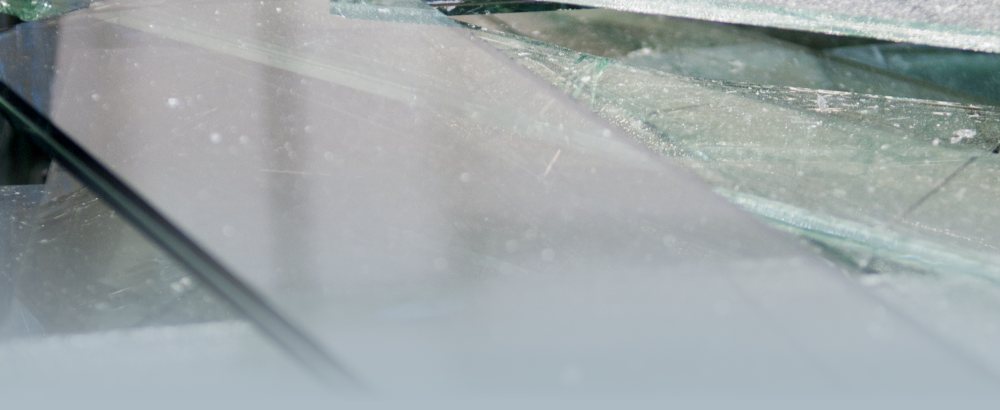
When a wine bottle, glass pasta sauce jar, window or the windshield of a car becomes waste at the end of its life cycle, it may go one of two ways:
-
it may be sent to landfill, which is wasteful and harmful to the environment
-
or it may be collected separately for recovery and recycling, beginning a new life as another glass product.
Eurovetro transforms waste into a raw material that the glass industry can use to make new products.
The collection of sorted municipal glass waste
After having finished a bottle of wine or served a dish of pasta with an excellent olive oil and tasty tomato sauce, it is our responsibility as citizens of the Earth and as people who care about the fate of our environment to correctly dispose of the empty packaging using our city’s sorted waste collection system.
The most common collection systems are:
-
kerbside containers;
-
containers at individual houses, buildings and businesses;
-
municipal waste collection centres.

Glass from Industry, Skilled Trades and Commerce
Eurovetro organizes scheduled pick-ups with logistics specifically designed for the production facilities that generate glass-based processing scraps and waste:
-
Glassmaking;
-
Manufacturing of glass and glass products;
-
Industrial and non-industrial demolition;
-
Windshield replacement;
-
Car demolition;
-
Production/Distribution of beverages, wine and spirits;
-
Bottling;
-
Manufacturing of packaging, bottles and vials;
-
I.V.s from healthcare facilities
Eurovetro is authorized to accept and manage the recovery of glass containers from healthcare facilities provided that they meet the characteristics specified in Article 5 of Presidential decree no. 254/2003 and, in particular, that:
-
they are not contaminated with blood products or similar substances;
-
they do not contain needles and/or cannula or other medical administration accessories;
-
they are not radioactive pursuant to Legislative decree no. 230 of 17 March 1995, as subsequently amended and integrated;
-
they do not contain antineoplastic drugs;
-
they are not contaminated with biological material;
-
they were not used with patients in isolation due to infectious disease;
Eurovetro therefore acts as a partner in the recovery of various types of glass waste, analyzing and designing the best logistics and industrial solutions in accordance with specific technical, environmental and legislative regulations.
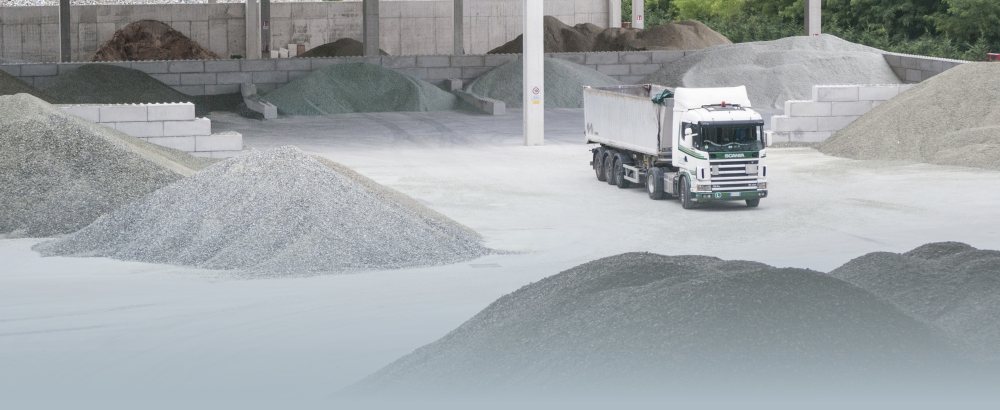
Eurovetro recovers glass scraps which the glass industry then uses to replace 10% to potentially 100% of other raw materials in the production process (silica, i.e., sand from mining, sodium carbonate and calcium carbonate). There are three main advantages to using recovered glass:
-
Each kg of recovered glass used in the glassmaking furnaces replaces 1.2 kg of corresponding raw materials.
-
Approximately 30% less energy is needed to melt recycled glass than that necessary to melt the corresponding virgin raw materials and transform them into glass.
-
The European Container Glass Federation has calculated that 0.67 kg of CO2 is saved for every kg of scrap glass recovered.
To grasp the importance of this resource, think only that roughly 12 million tons of glass packaging is collected each year in Europe.

Eurovetro actively contributes to this virtuous cycle by recovering around 250,000 tons of the following types of glass each year:
Mixed
1⁄2 clear glass from the industrial sector
1⁄2 clear glass resulting from the colour sorting of mixed glass from sorted packaging waste collection
Clear glass from the industrial sector
Clear glass resulting from the colour sorting of mixed glass from sorted packaging waste collection
Flint
Special glass products for construction and conglomerates
Today, recycled mixed glass is used exclusively to produce green, yellow or brown packaging glass.
Recycled 1⁄2 clear glass, clear glass and flint are used to produce transparent packaging glass.
Eurovetro organizes scheduled pick-ups with logistics designed for each specific type of activity: from sorted municipal waste and the management of collection centres to industrial, skilled trade and commercial activities that generate glass scraps (glassmaking and glass industries, industrial and non-industrial demolition, windshield replacement, car demolition, the production and distribution of bottled beverages, wine and spirits, bottling and the manufacturing of packaging, bottles and vials).
Eurovetro has specially equipped vehicles (lorries with tows and cranes; articulated lorries, dumper trucks and vans) and specific containers of varying sizes and types (tipper containers, stationary containers, metal cages, kerbside collection containers and 120/240-litre dumpsters) which can be customized to meet specific logistics requirements.
Eurovetro is therefore the ideal glass waste recycling partner for both the public entities that manage sorted waste collection and the companies that produce glass scraps and waste.
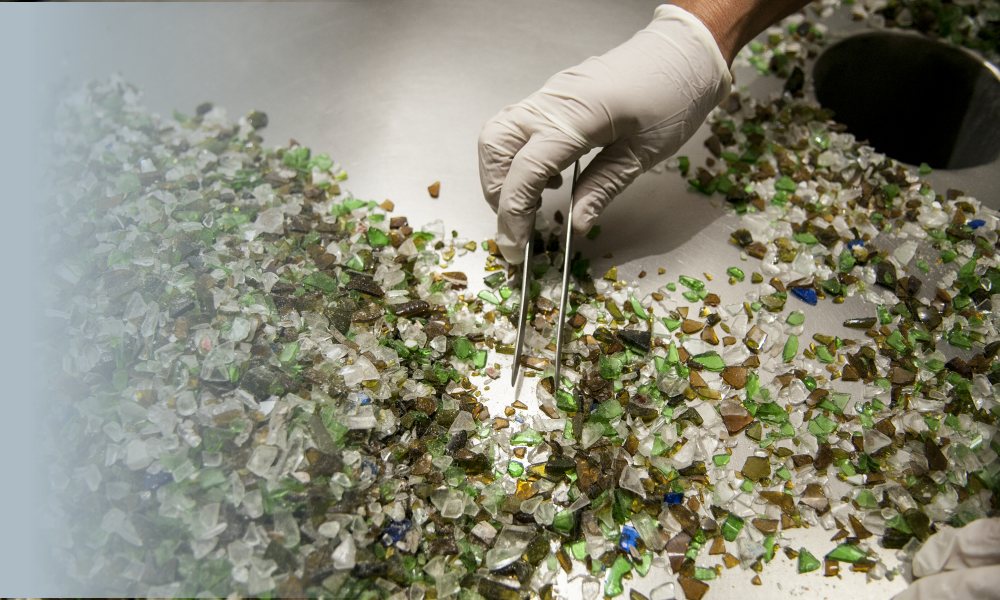
Certification
Eurovetro has implemented an integrated management system, making it the ideal partner for public entities and private companies that value quality and the environment highly.
Organizational Model and Code of Conduct
The Company has adopted an organizational model to demonstrate how it intends pursue a business policy based on the principles of integrity and legality, establishing organizational and operational protocols and an internal control system capable of preventing the risk of the crimes covered by Legislative decree no. 231/2001 from being committed.
To this end, the Company has established a Supervisory Committee responsible for monitoring the effectiveness and efficiency of the Model and seeing that it is updated, coordinating its activities with those of other bodies and functions responsible for internal controls.
In order to achieve adequate organizational standards and rules of conduct, in addition to other steps it has taken, Eurovetro S.r.l. has established general rules of conduct, recommendations, obligations and restrictions for those operating on its behalf. Any violations are subject to sanctions in accordance with specific contractual remedies.
White list
Italian law no. 190 of 6 November 2012 containing “Provisions to prevent and repress acts of corruption and illegality in the public administration” modified the anti-mafia disclosure system previously in place.
It provided for the establishment of specific lists with the prefecture of each province in which a company is based. The purpose of these “white lists” is to meet anti-mafia disclosure requirements.
This is a voluntary system that Eurovetro has decided to use to further improve its reputation and transparency with its different professional stakeholders, i.e., the public entities that carry out sorted waste collection, the companies that produce glass scraps and waste and the customers (glass companies) that ultimately recycle the glass that Eurovetro recovers.
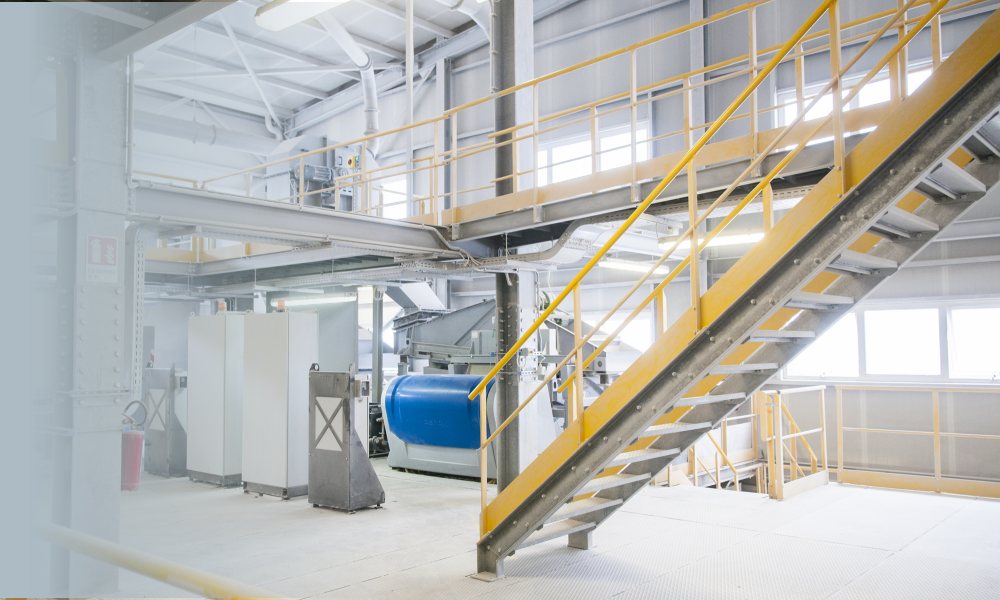
Eurovetro has two production sites in Origgio (Varese, Italy), each specialised in the recovery of certain types of glass:
Via Primo Maggio, 12:
This site is authorized to recover 220,000 tons of glass per year and is specialized in the processing of pre- and post-consumer flat glass.
Flat glass mainly derives from waste collection at private premises outside the scope of the public sorted waste collection service.
- Cuts of glass from glassmaker processing
- Scraps from the production of glass and glass products
- Industrial and non-industrial demolition
- End-of-life car/lorry windshields
Via Primo Maggio, 45:
This site is authorized to recover 300,000 tons of glass per year and is specialized in the processing of packaging glass (bottles, jars and containers in general) from the collection of sorted municipal waste or from specific sectors, such as mineral water sources, the production/distribution of beverages, wine and spirits and the bottling sector.
These sites also recover any metal and plastic waste found inside the glass (aluminium and steel cans, edges, jars, caps and containers in general)

